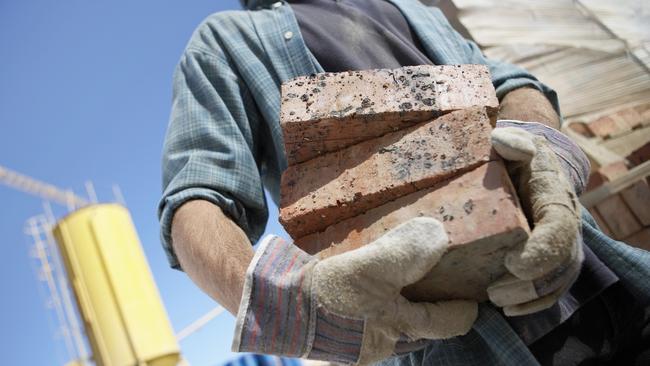Credit crunch is damaging the economy beyond property
Signs that show the damage the credit crunch is doing to the economy are there for anyone that cares to look.

When there is a serious downturn just over the horizon, a pattern of apparently unrelated events provides the advance warning. And right now, veteran bankers are on the alert. They can see that their new lending criteria, which has slashed loan availability by between 20 and 30 per cent, is having an impact that is much wider than the property market.
This week I ran into commercial banker who was shocked. Two of his retail clients had confronted a major shopping centre owner and said “lower the rents or we are out”. For as long as the banker can remember this major shopping centre chain would never countenance a rent reduction. But this time there was fear in its eyes, and it came to the party. For the banker, that meant that he can see shopping centre rents falling across the board. He will be more careful looking at future retail related loans.
And then I found myself in the company of a major home builder in the Sydney Melbourne markets. His face was concerned. As a result of back orders, he had a lot of work which would provide cash flow, but new orders have slumped and the land he holds has fallen sharply in value.
Worse still, he is seeing land he sold on 10 per cent deposit while he developed is now coming up for settlement. The trouble is that blocks of land in many areas have fallen by 20 per cent or more. The buyers know their deposit has been lost and are refusing to settle. Often, they can’t.
The developer’s family has survived downturns before. And that’s what he has to do in the full knowledge that many of his rivals will fall by the wayside leaving a miserable trail of sub contactors, customers and other unsecured claimants. His job is to make sure he is not among them. And he tells me that in Perth, while things had settled after the big falls that followed the mining boom, a second downturn is now gathering momentum.
On the surface, Adelaide is one of the least affected areas in Australia. But I got a different story when I found myself on radio talking with FIVEaa’s Leon Byner and South Australian building industry people.
Adelaide construction company Tudor Homes has gone into liquidation and JML Home Constructions, which operates the Onkaparinga GJ Gardner franchise, has closed its doors. An application to wind up Cubic Homes, based in Kilburn, will be heard later this month.
The building industry people want lower stamp duty. My take was that while that might help a little, they had to bash on the doors of regulators APRA and ASIC and demand they ease the severe credit squeeze they are making the banks impose. As the toll of failed building companies snowballs into suppliers APRA and ASIC will need to be ready for the reverse of the pressures placed on them at the royal commission.
This is new territory. But it’s just the beginning. The NSW development approval system had been a national disgrace for decades. Traditionally it has been inter woven with votes and political favours. The other states are not much better.
When there is a severe downturn looming, frustration bubbles up. And so, my friend Harry Triguboff is suing personally the NSW premier. I pass no judgment on the rights and wrongs of the case but in this downturn, suddenly politicians will find that their personal assets will be jeopardised as a result if their alleged actions.
These separate incidents are part of a much wider picture.
Morgan Research says that as well as the lack of employment growth over the past year, its latest business confidence rating for February of only 105.6 is the lowest since August 2015. The consecutive ratings below 110 are the slowest start to a year for business confidence since the index began. The latest Australian GDP figures showed the economy growing by only 0.2 per cent in the December 2018 quarter, the slowest rate of growth for over two years. The Morrison government will try and stimulate the economy in the April budget and there are huge NSW election spending promises being paraded before voters.
But the politicians have limited power. We have a credit squeeze that was locked in by the royal commission and that has to play out.





To join the conversation, please log in. Don't have an account? Register
Join the conversation, you are commenting as Logout